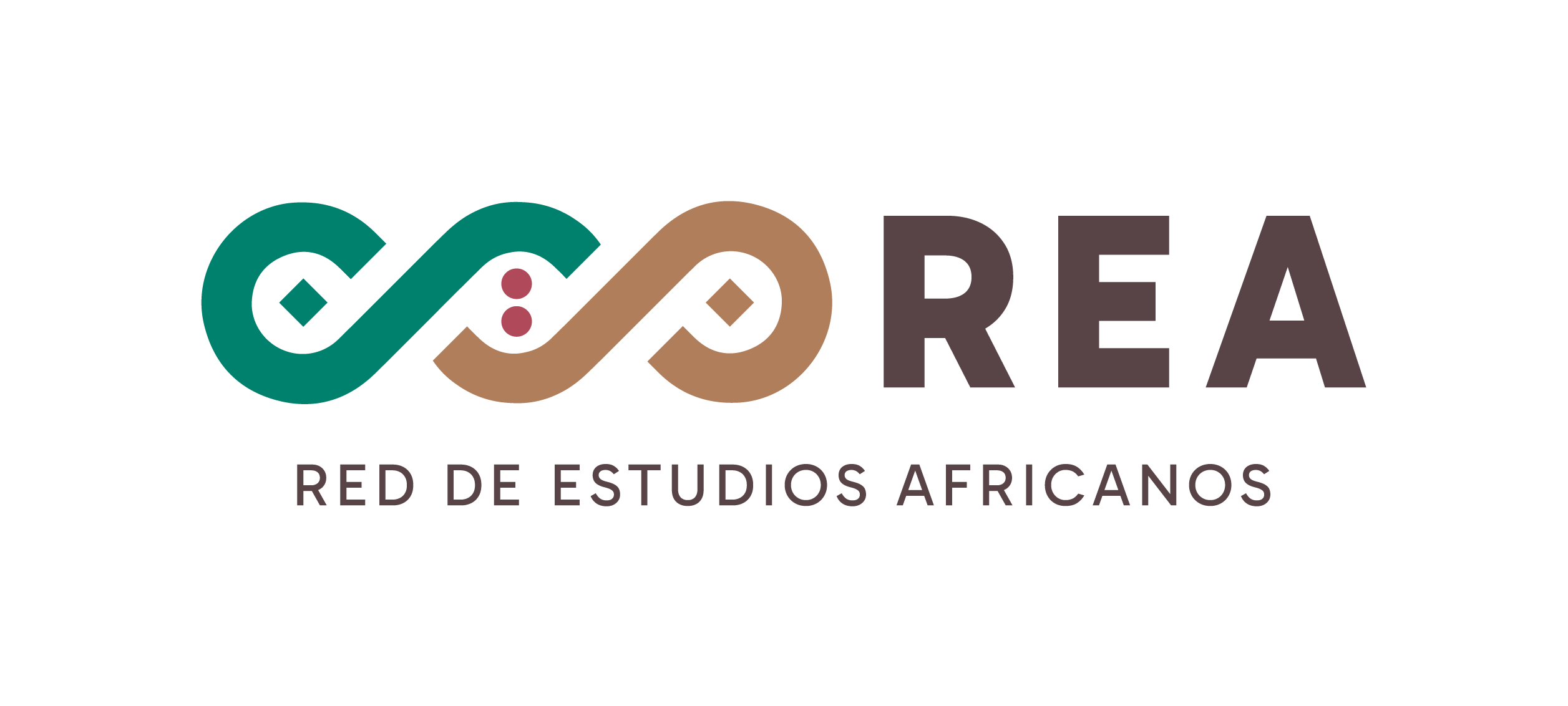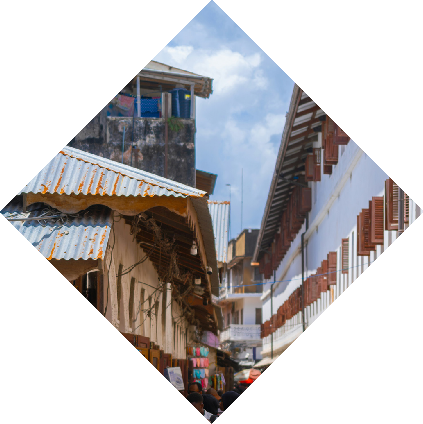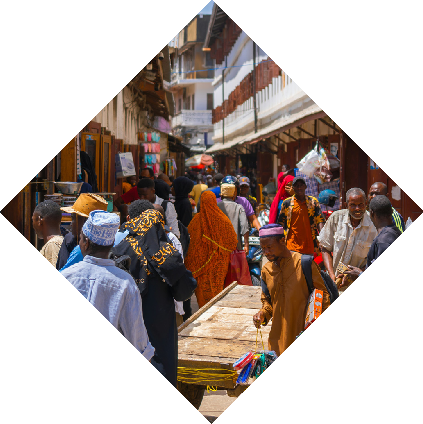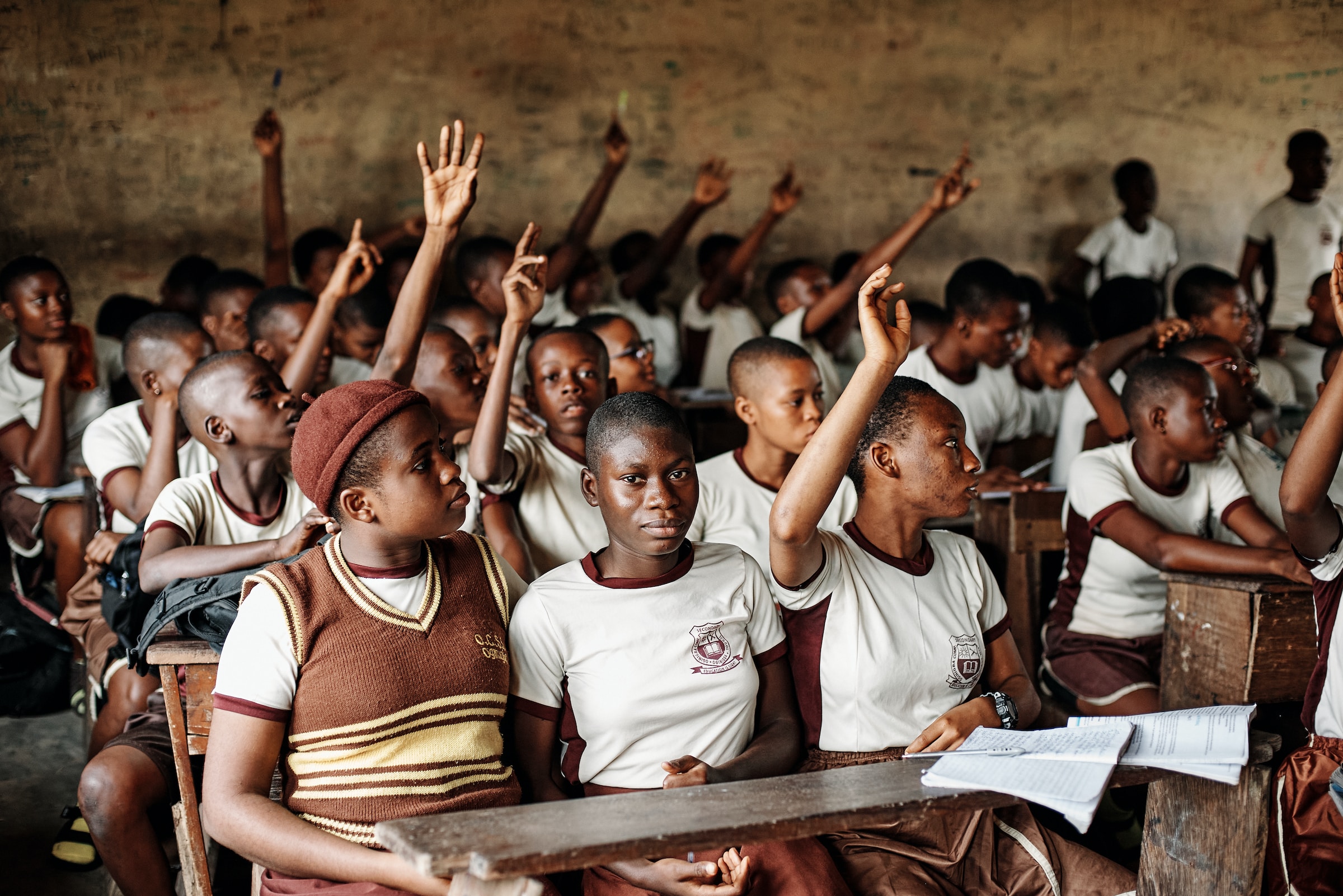


type of entity
background
The creation of an Iberian network of African studies is a horizon that took shape after the almost simultaneous fall of Francoism and Salazarism, so similar and so distancing in so many fields. In the 1980s, individual collaborations in the field of African studies multiplied until one of its axes, defined above all by Isabel Castro Henriques, accompanied by Eduardo Costa Dias and Ferran Iniesta, led to the Iberian Congress of African Studies, the first edition of which dates from 1991. The congress stimulated cooperation and exchange, creating a new scientific forum. With its consolidation, several attempts were made to formalize the forum to some extent into a network. These eventually culminated in the commission to sound out a future network that the Granada congress, in 2018, made to the organizers of the next meeting, and which resulted in the commitment to Lisbon in 2022, after the hiatus that COVID-19 entailed. The resolution in assembly during the latter established the Barcelona congress (ICAE12, January 2025) as the inaugural activity of the new network, as well as sanctioned the constitution of an installation commission, articulated with the organization of ICAE12.

OBJECTIVES
mission and values
The network is an open and dynamic network dedicated to the production and transmission of scientific knowledge on African societies.
It therefore has no ideology other than adherence to the scientific model based on a commitment to the well-being of populations, particularly African populations, and an awareness of the cultural plurality of the global world, and in particular of Africa, its singularities, creativity and teachings.
That is to say, from the respect and articulation of all collective forms of knowledge that, as necessary and complementary, must maintain their autonomy while interacting with each other.

At a time when there was a tendency to abandon area studies, the decolonial debate has repositioned Africa, and the need to study it, at the center of the construction of a diverse global society.
And, as if that were not enough, Africa’s economic, demographic and cultural growth (the largest on the planet) makes the continent an indispensable global interlocutor, especially for the Iberian Peninsula, which forms one of the most historically active European borders with the continent.
Lines of work and research
The congress has preceded the constitution of the network, and the idea is that it will be the initial engine for the promotion of other initiatives within the framework of the network: research, teaching or knowledge transfer (including University Cooperation for Development).
The first step will be to create a fluid space for the exchange of information on the activities of the network members, alternately in the Portuguese and Spanish states.
organization
It will start as a registered entity in Spain and Portugal, with voluntary membership through dues.
The management of the network will be assumed on a rotating basis by the organizing committee of each congress.
composition
The membership is therefore mainly academic, but through its activities, in particular the Iberian Congress of African Studies, it aims to open up to civil society and the various sectors that interact with Africa, as well as to Africa’s partners.
No institutional affiliation is required to join the network, nor is there any nationality condition.
collaborators and funders
The network as such proposes to be self-financing with a system of inclusive fees, associated with the registration to the Iberian Congress of African Studies.
Registration will be on an individual basis.
Registration for the congress will automatically imply membership in the network during the congress year; membership without participating in the congress will also be considered; membership in the network in the years without congress will entitle to a discount in the following congress.
The events supported or carried out within the framework of the website are financed by specific projects, in which the collaborations and sponsorships are indicated.


